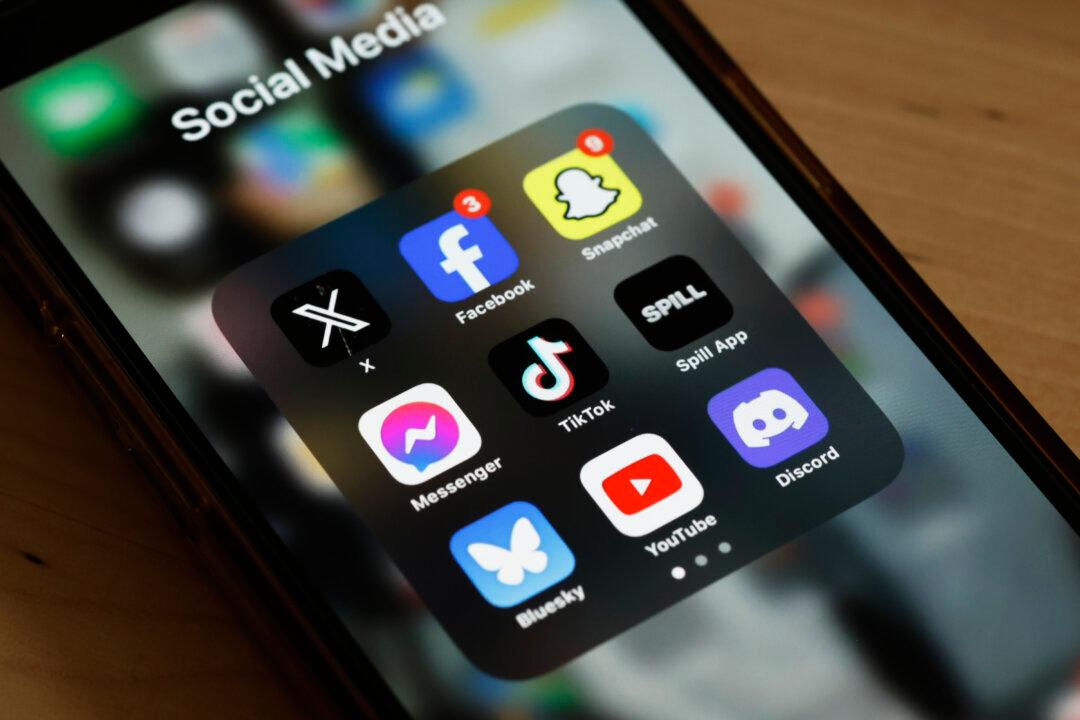New York City will not be imposing a no-cellphone-in-school policy anytime soon, Mayor Eric Adams said.
During an Aug. 27 press briefing, the mayor reaffirmed his support for keeping students off their devices at school but said that his administration would need more time to work on the details if it were to become an official policy for the nation’s largest school system.





